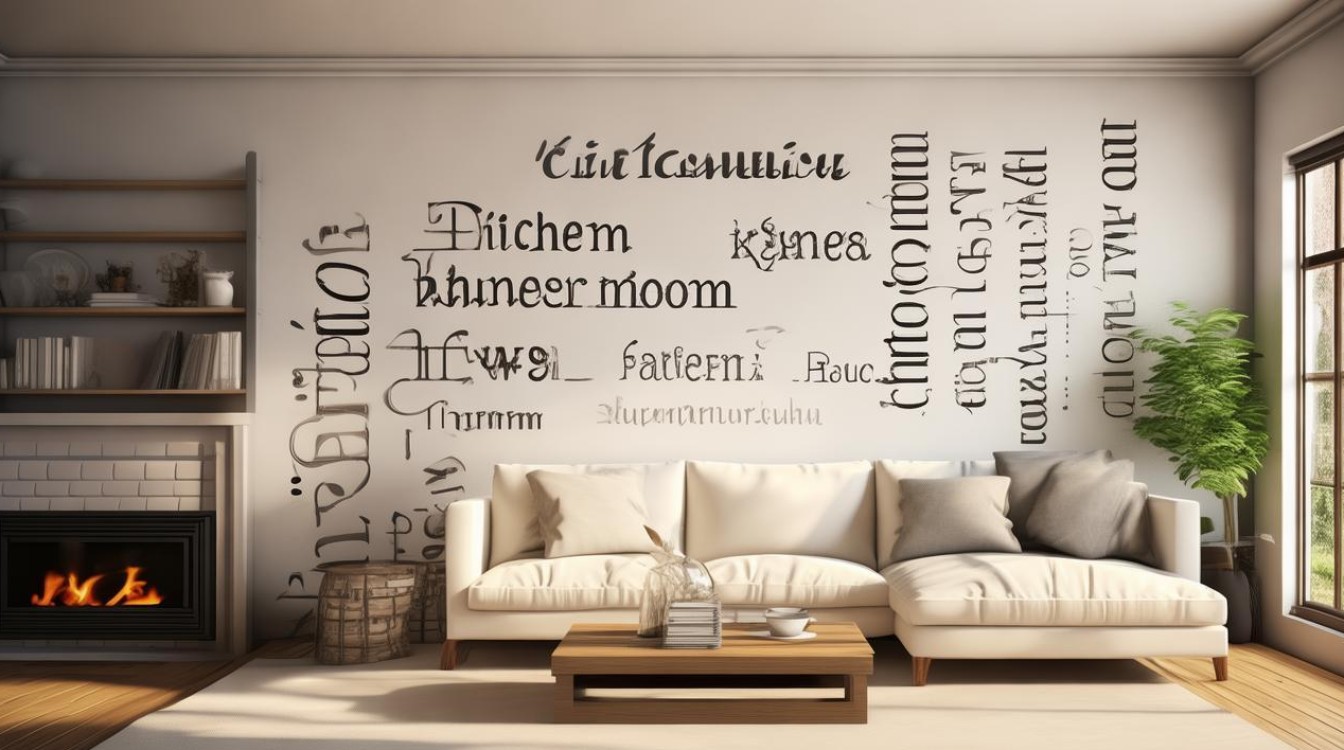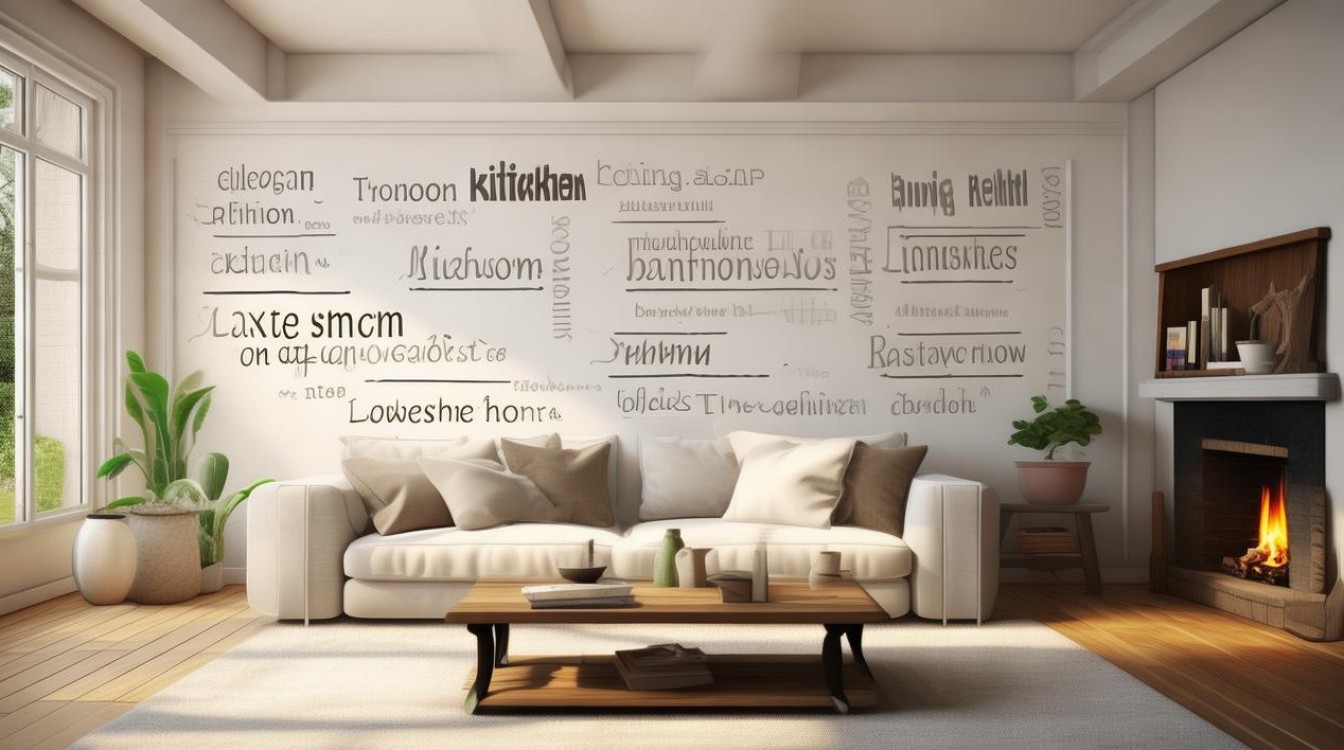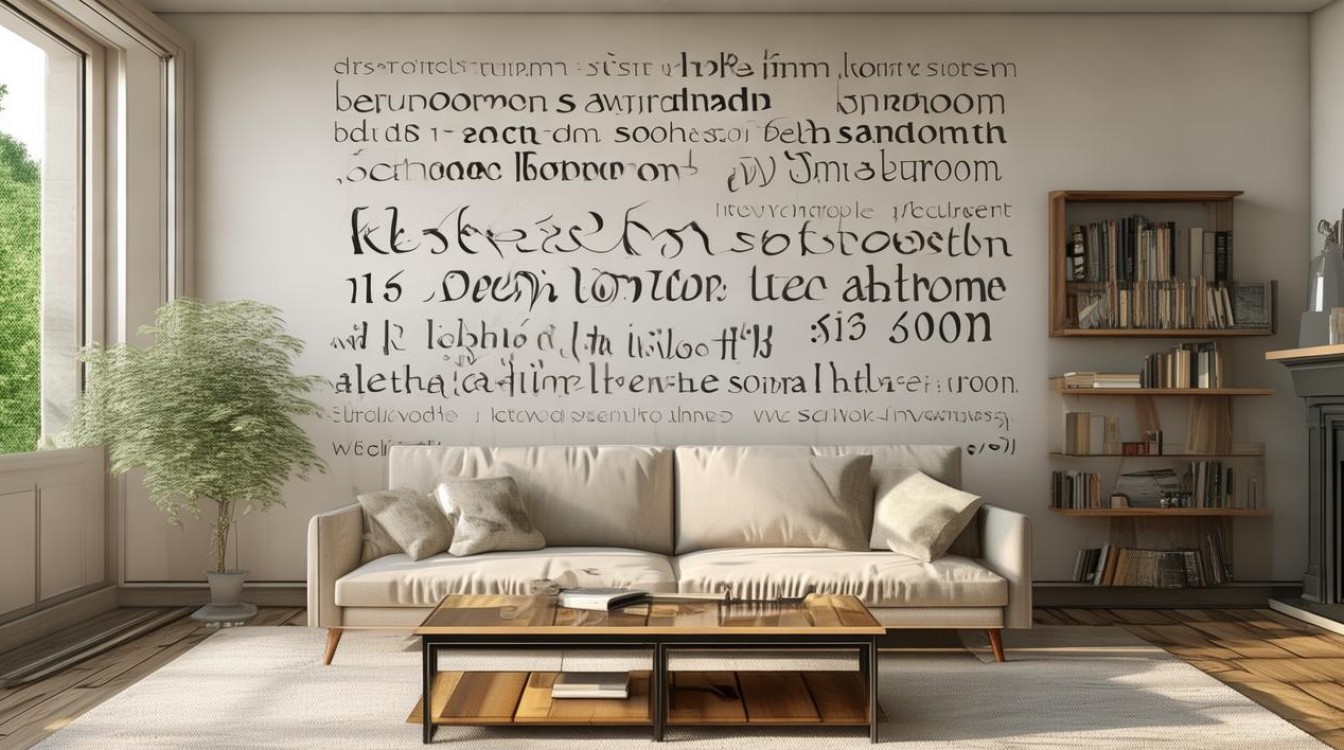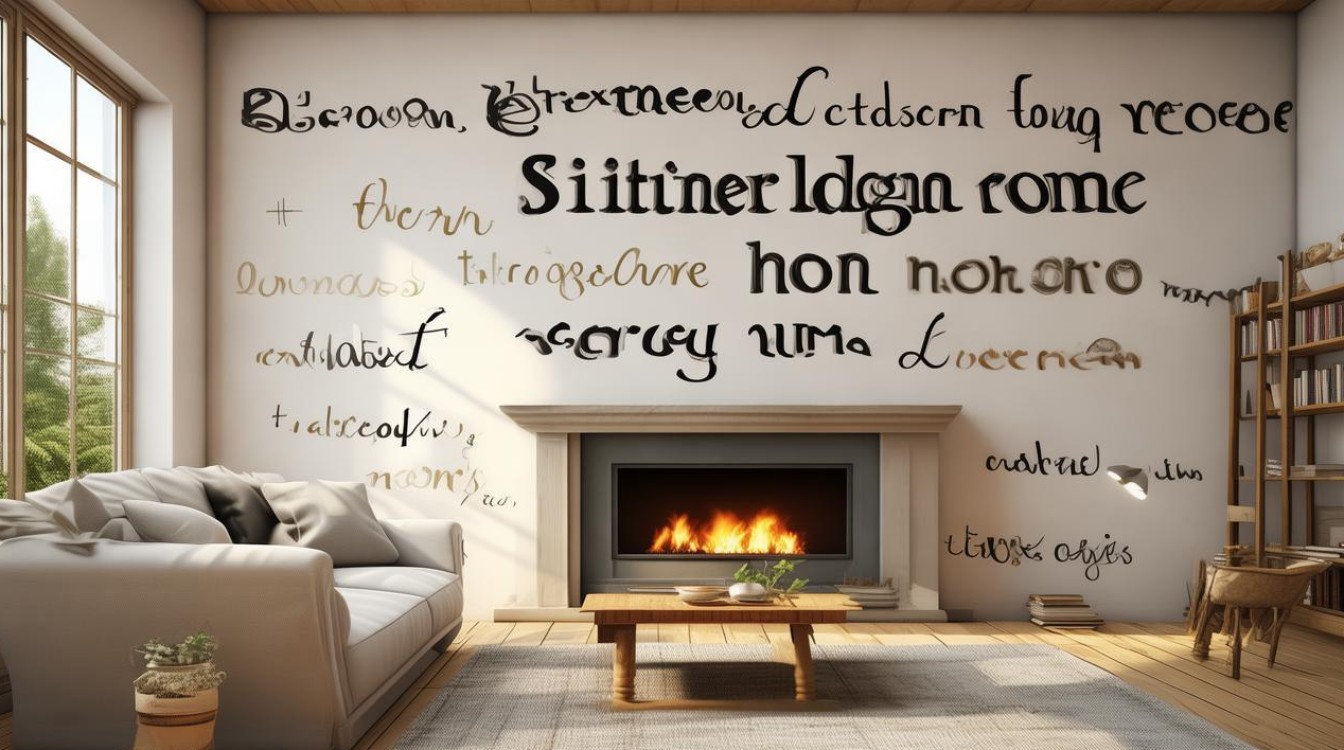Whether you're renting an apartment, buying a house, or simply describing your living environment, knowing the right English words related to housing is essential. This guide covers key terms for different types of residences, rooms, furniture, and common housing-related phrases.

Types of Residences
Understanding the different types of living spaces helps when searching for a place to live or discussing housing options.
- House – A standalone residential building, typically with a yard.
- Apartment (Flat in British English) – A unit within a larger building, often rented.
- Condo (Condominium) – Similar to an apartment but owned rather than rented.
- Studio – A small apartment combining living, sleeping, and kitchen areas in one room.
- Loft – A large, open space often converted from industrial use.
- Townhouse – A multi-floor home sharing walls with neighboring units.
- Duplex – A building divided into two separate living units.
- Bungalow – A single-story house, sometimes with a small second floor.
- Mansion – A very large, luxurious house.
- Cottage – A small, cozy house, often in a rural area.
Rooms in a Home
Each room serves a different purpose, and knowing their names helps in describing or searching for a home.

- Living Room (Lounge) – A space for relaxing and entertaining guests.
- Bedroom – A room for sleeping, often containing a bed, wardrobe, and nightstand.
- Bathroom (Restroom, Washroom) – A room with a toilet, sink, and often a shower or bathtub.
- Kitchen – Where food is prepared, typically equipped with appliances.
- Dining Room – A space for eating meals, sometimes combined with the kitchen.
- Home Office (Study) – A room used for work or studying.
- Basement – A lower level of a house, sometimes used for storage or extra living space.
- Attic – A space under the roof, often used for storage.
- Garage – A space for parking vehicles or storing items.
- Balcony (Patio, Deck, Porch) – An outdoor space attached to a home.
Furniture and Household Items
Furniture makes a house functional and comfortable. Here are common pieces found in homes.
- Sofa (Couch) – A long seat for multiple people in the living room.
- Coffee Table – A low table placed in front of a sofa.
- Bookshelf – A piece of furniture for storing books.
- Bed – A piece of furniture for sleeping, including a mattress and frame.
- Wardrobe (Closet) – A storage space for clothes.
- Dresser – A piece of furniture with drawers for storing clothes.
- Nightstand – A small table beside a bed.
- Dining Table – A table where meals are eaten.
- Chair – A seat for one person, often used at a table.
- Desk – A table used for work or studying.
- Cabinet – Storage with shelves or drawers, often in kitchens.
- Refrigerator (Fridge) – An appliance for keeping food cold.
- Oven – A kitchen appliance for baking or roasting food.
- Washing Machine – A machine for cleaning clothes.
Housing-Related Terms
When discussing renting, buying, or maintaining a home, these terms are useful.

- Landlord – The owner of a rented property.
- Tenant – A person who rents a property.
- Lease – A rental agreement between landlord and tenant.
- Mortgage – A loan used to buy a house.
- Down Payment – An initial payment when buying a home.
- Utilities – Services like electricity, water, and gas.
- Maintenance – Repairs and upkeep of a property.
- Neighborhood – The area surrounding a home.
- Suburb – A residential area outside a city.
- Urban – Relating to a city environment.
- Rural – Relating to the countryside.
Common Phrases for Describing a Home
To talk about living spaces naturally, these phrases can be helpful.
- "I live in a two-bedroom apartment."
- "The house has a spacious living room."
- "The kitchen is fully equipped."
- "There’s a balcony with a nice view."
- "The neighborhood is quiet and safe."
- "The rent includes utilities."
- "We’re looking for a pet-friendly place."
- "The house needs some repairs."
- "It’s within walking distance of shops."
Final Thoughts
Mastering these words and phrases makes conversations about housing clearer and more effective. Whether moving to a new place, renting an apartment, or simply describing where you live, this vocabulary helps communicate with confidence.



